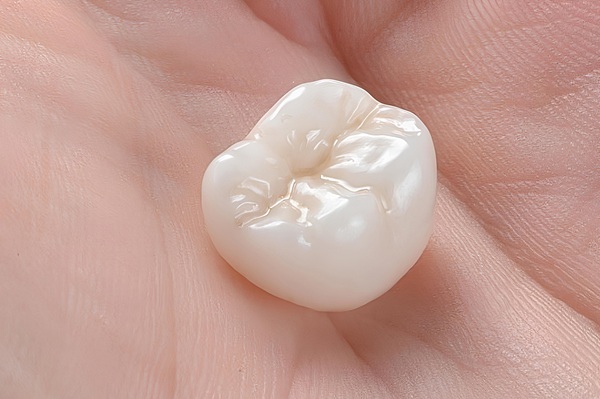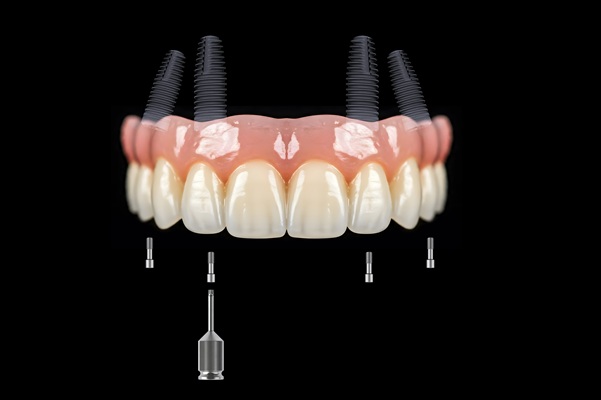Tucson Dentist Explains How Dental Bridges Can Improve Quality of Life

Tooth loss is a serious oral health problem that affects people of all ages. After tooth loss, patients report:
- Concern about appearance
- Loss of self-confidence
- Altered speech
- Ineffective chewing
- Feeling of bereavement
Dentists combat the consequences of tooth loss via restorative dentistry techniques, including dental bridges. Dental bridges are affordable, fixed dental prosthetic devices attached by two crowns or dental implants. Here, Dr. Payam K. Asadi, a family dentist in Tucson, AZ, presents five ways dental bridges can improve oral health, aesthetics, and more.
1. Improve Appearances
Have you ever tried to hide your smile due to feeling self-conscious? As previously stated, missing teeth can negatively affect the way people view themselves, which impacts how they interact with the world around them.
Professional tooth replacement options are intended to create a healthy and good-looking smile. A dental bridge can fill in significant dental discrepancies and potentially help people smile more often.
2. Restore Speech
Some sounds require our teeth. When multiple teeth are missing, people may speak with a lisp or have difficulty pronouncing specific sounds and speech patterns. Patients are encouraged to restore their smiles with prosthetic devices instead of dealing with possible miscommunication. Replacing missing teeth is especially important in children because speaking is vital for language and social development.
3. Eat with Ease
Digestion begins in the mouth, and teeth play a significant role in digestion. Teeth mechanically break down food into smaller pieces for swallowing.
After tooth loss, some people experience discomfort and an inability to chew properly. The edentulous (lacking teeth) population often faces the challenge of eating a nutritionally poor diet. Due to discomfort and inability to chew correctly, edentulous individuals tend to consume more soft, processed foods.
In Greek, diet loosely translates to “way of life,” and we firmly believe that people shouldn’t have to alter their diets to adapt to a new life without teeth. Dental bridges function like natural teeth and can help people consume their favorite foods again.
4. Provide Supplementary Support
As people age, their muscles weaken and sag. In 2018, BMC Geriatrics published a research article that confirmed that tooth loss accelerates facial muscle regression. How does this happen? The masseter muscle in the cheek contracts when people chew their food. After tooth loss, the masseter muscle loses thickness and grip strength. Accordingly, dentists sometimes suggest dental bridges for added muscle support for the facial muscles.
5. Prevent Further Damage
Human teeth are stabilized by (1) sturdy tooth roots beneath the surface of the gums and (2) neighboring teeth. After tooth loss, teeth have a natural tendency to drift and tilt toward the open space. When teeth have moved too much, they can become misaligned and loose. If the teeth loosen too much, other tooth losses can occur. One way to prevent surviving teeth from shifting is to fill the vacant space with artificial teeth supported by a dental bridge.
Need a dental bridge? Meet with a Dentist in Tucson, AZ.
At Advanced Family Dentistry, Dr. Asadi dedicates his time and energy to helping patients in Tucson, AZ, and surrounding areas maintain and improve the wellness and appearance of their smiles. Learn more about dental bridge services and other restorative dentistry strategies by calling us at (520) 353-3002 at your earliest convenience.


